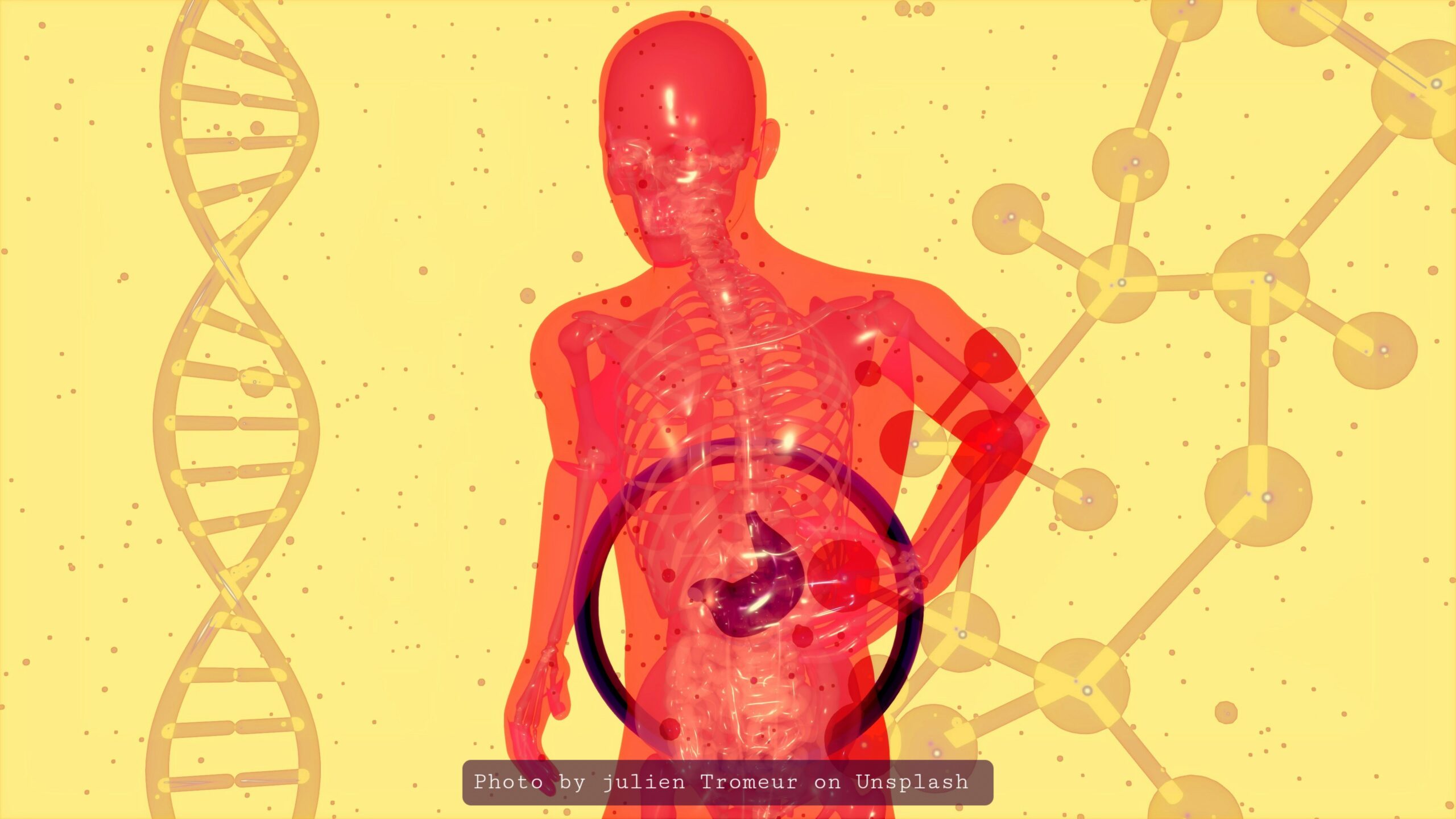What Is Fecal Microbiota Transplantation?
Fecal Microbiota Transplantation (FMT) is an innovative medical procedure designed to restore a healthy gut microbiome by transferring beneficial bacteria from a healthy donor into the patient’s intestinal tract.
The gut microbiota functions like an internal ecosystem that influences digestion, immunity, metabolism, and even mood. When this balance is disrupted — a condition known as dysbiosis — it can lead to inflammation, Candida or yeast overgrowth, chronic fatigue, poor digestion, and emotional imbalances.
Why Is FMT Used?
The most well-established use of FMT is for Clostridioides difficile (C. difficile) infection, a severe bacterial infection often caused by antibiotic overuse. FMT has demonstrated over 90% success rates in such cases.
However, growing research shows promising results in several other conditions linked to gut microbiome imbalance, including:
- Inflammatory bowel diseases (Crohn’s disease, ulcerative colitis)
- Irritable bowel syndrome (IBS)
- Metabolic disorders, such as obesity and insulin resistance
- Chronic yeast and Candida overgrowth
- Mental health disorders, including depression, anxiety, and bipolar disorder
- Neurodegenerative diseases, such as Alzheimer’s and Parkinson’s
- Neurodevelopmental disorders, including Autism Spectrum Disorder (ASD)
All of these share one common factor: a disturbed gut-brain connection and microbial imbalance.
How Is the Procedure Performed?
- Donor Selection – Donors are carefully screened for infections, parasites, and metabolic or immune-related conditions.
- Sample Preparation – The stool sample is processed in sterile conditions to isolate beneficial microorganisms.
- Transplantation – The microbiota is introduced into the patient’s gut through colonoscopy, nasoenteric tube, or more recently, oral capsules, providing a minimally invasive option.
The Importance of Gut Microbiota
Your gut contains over 100 trillion microorganisms that play a vital role in regulating immunity, metabolism, and the nervous system. Often called our “second brain”, the gut produces neurotransmitters like serotonin and GABA, which directly influence mood, sleep, and cognitive clarity.
When disrupted — due to antibiotics, stress, poor diet, or Candida yeast overgrowth — the resulting low-grade inflammation can trigger or worsen systemic and mental health conditions.
Is FMT Safe?
When performed by trained medical professionals under strict protocols, FMT is considered safe and well-tolerated. Most patients experience only mild, temporary symptoms such as bloating or cramping that resolve quickly.
The Future of FMT
FMT is rapidly gaining attention as a potential therapy not only for infections but also for chronic inflammatory and neurological conditions. Future developments aim toward personalized microbiome restoration, using targeted bacterial strains to optimize both physical and mental health.
Rediscovering Nature’s Wisdom
Fecal Microbiota Transplantation is more than a treatment — it’s a reminder that true healing often starts from within. By restoring the gut’s natural balance, we support the body’s innate ability to heal, regulate, and thrive — physically, mentally, and emotionally.

